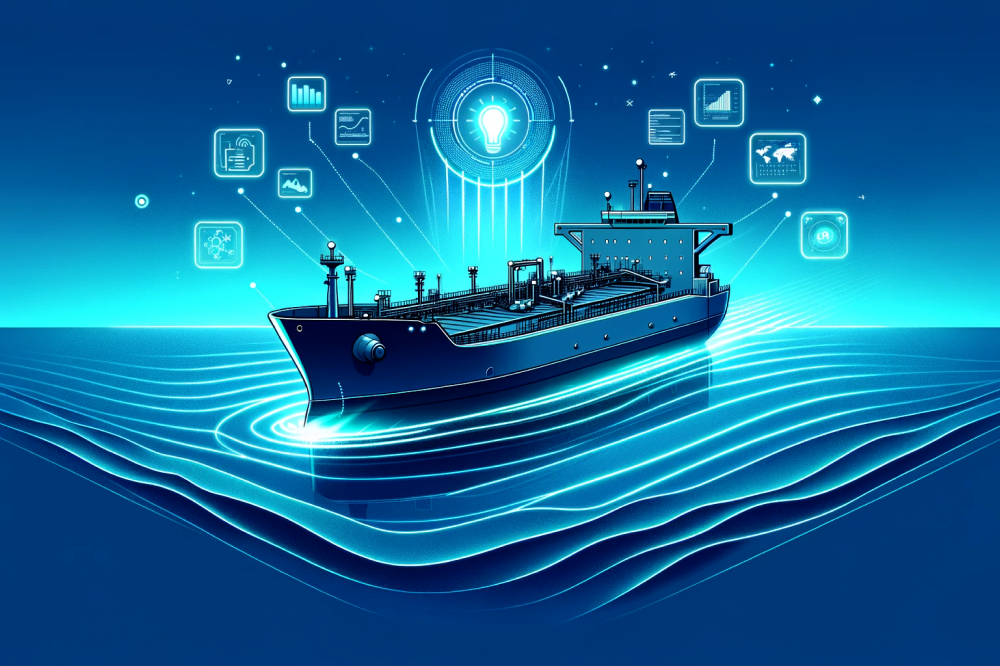
The 3rd Breakfast Club Meeting: The map, terrain and execution on decarbonization
On Tuesday 14 June, 2022, we organized the 3rd Breakfast Club Meeting at Fridtjof Pub which was also the last for the season.
As mentioned before, the goal of these Breakfast Club meetings is to bring knowledgeable people together, share data and insight, discuss, and show the opportunities that data and industrial knowledge might create.
After two meetings with geopolitical focus, we this time turned to the main issues for our industry, and thus our clients: decarbonization. Do we know where we are and where we are going? Do the map and terrain match?
Trond Eilertsen, chairman of Gard since 2009 with close to 40 years at Wikborg Rein, took us on a journey into the status of goals and direction within decarbonization from a legal and insurance perspective. His presentation was a state of the art update of all regulations the industry is facing and has to comply with, divided into the following sections:
- The background picture
- The present picture
- EEXI and CII – Contractual Consequences
- EU ETS and Shipping – Proposed implemented from 1 January 2023
- FuelEU Maritime - “Fit for 55 - package”
- A view into the (blurred) crystal bowl

Edvin Endresen, CEO of Solvang ASA, shared with us reflections, concern and choices for their fleet in a presentation titled “Navigating the future regulations”. Mr Endresen holds an MSc from BI Norwegian Business School and has spent 8 years with finance and tax in Schlumberger and nearly 7 as controller in M-I Swaco, before taking on his current position in 2011. His presentation was a textbook example on how to do it in practice and a perfect match with the previous presenter.
His focus was on existing vessels, retrofits and newbuilds: What are the alternatives? He took us through some regulations and even presented the EEXI equation, as well as walked us through the CII (Carbon Intensity Indicator) and what it really means, effects and countermeasures, future proofing, emission control, and more.
He then showed us how they have a solution in place today to handle SOx, NOx, PM and HM by using Exhaust Gas Cleaning (EGC) with water cleaning, in combination with Solvang’s own Tier III engine class, using Low Pressure Exhaust Gas Recirculation (LP- EGR).
However, as always, we are left with remaining harmful emission – CO2. We need a solution to handle CO2, he added.
He then presented their 21,000 cbm ethylene vessel – Clipper Eos and how they have worked on CCS – from pilot project into a complete sustainable solution with their on-shore test facility up and running. Project status & timeline for this is as follows:
- LOI signed in October 2021
- On-shore test started mid February 2022
- Search for funding is ongoing
- Installation of additional filter to take place in Q3 2022
- Full CCS installation will be in Q4 2023 (DD)
The project deliverables are:
- Testing various solvents
- Test with & without EGR
- Energy consumption (heating/cooling)
- Purity of CO2
- Disposal – reuse or storage?
However, one key element is required for success: the captured CO2 will be stored in a deck tank, and then what? Where does it go, who can take it, what will it be used for?
All in all a very inspiring presentation which proves that Solvang is a front-runner with regards to decarbonization.

Last, but certainly not least, Kristin Omholt-Jensen, CEO & Co-Founder of Maritime Optima AS, presented the various products developed by the company thus far, as well as the Team, i.e. employees and the Board.
Products so far are ShipAtlas, Maritime Optima Pro, Maritime Optima Data Export, and other, i.e. consultancy and the set-up of maritime incubators (data + funding).
She then walked us through different shipping segments, different types of risks, ways of organizing and making commercial decisions demonstrated by such different shipping markets as bulk, liner, and offshore markets. She showed how different it is to operate integrated shipowning companies versus separate companies tied together through legal contracts, mail and phone calls, and she presented the charter party chain and the “ship owners” who can be so many parties these days. She then took us through real time chartering & operation and then went on with a look at carbon emission – a game changer?
Her presentation stimulated some serious discussions that fit well with the previous speakers who joined her in a Q&A panel.
The moderator Tom O. Kleppestø from the Maritime Oslofjord Alliance briefly presented the key findings from their new report «Energy transition in shipping – facts and timeline».
These three Breakfast Club meetings have been an exiting and inspiring journey since the first one on 3 February, now let's see if we may continue this in the autumn. Many people want us to for sure.
Please feel free to create a free user account in our ShipAtlas to access real-time positions of more than 85.000 vessels, their speed, heading, voyage history and much more.
















